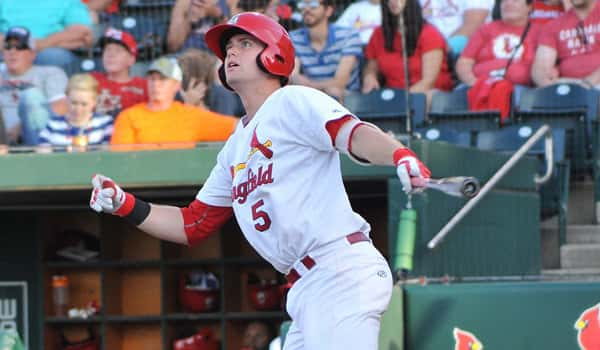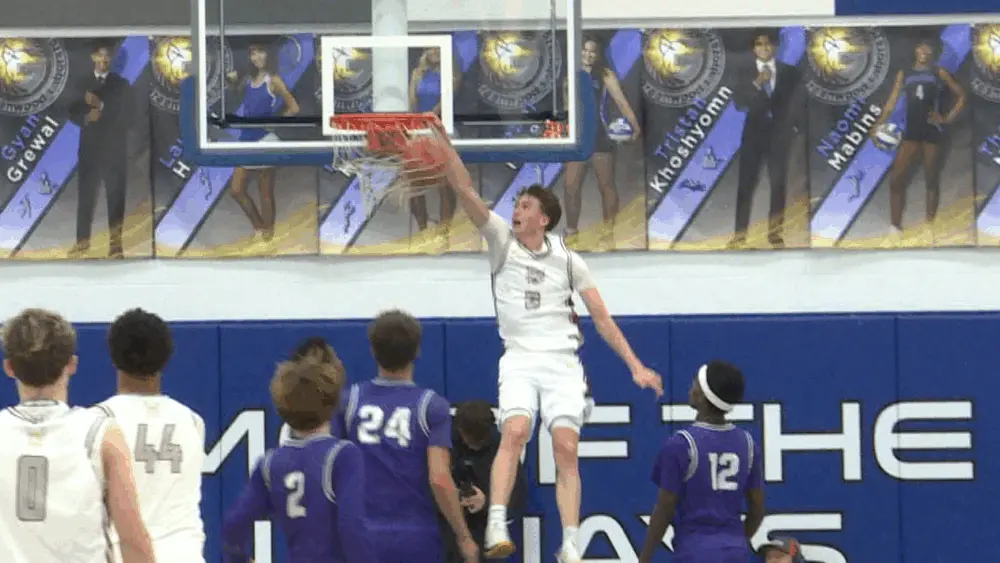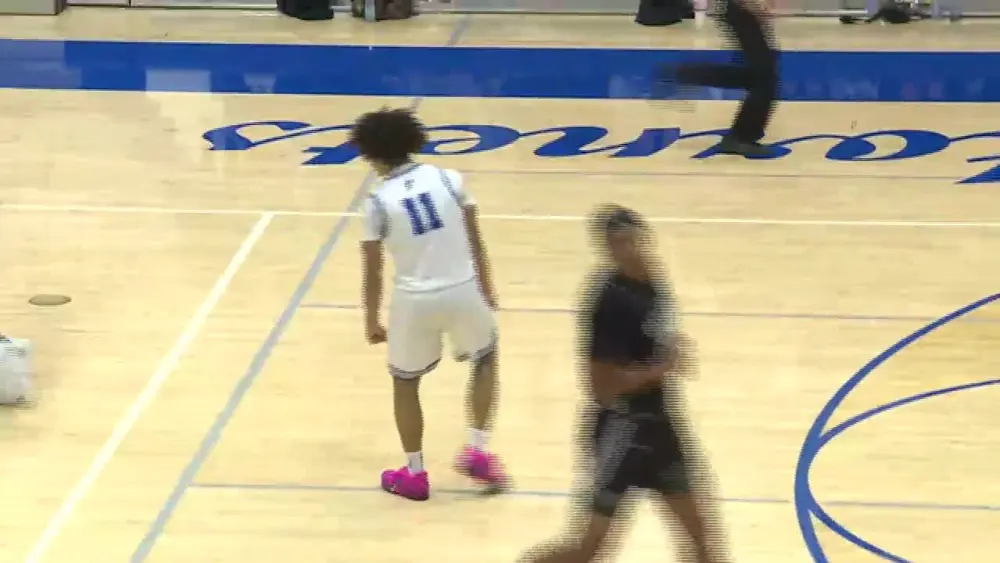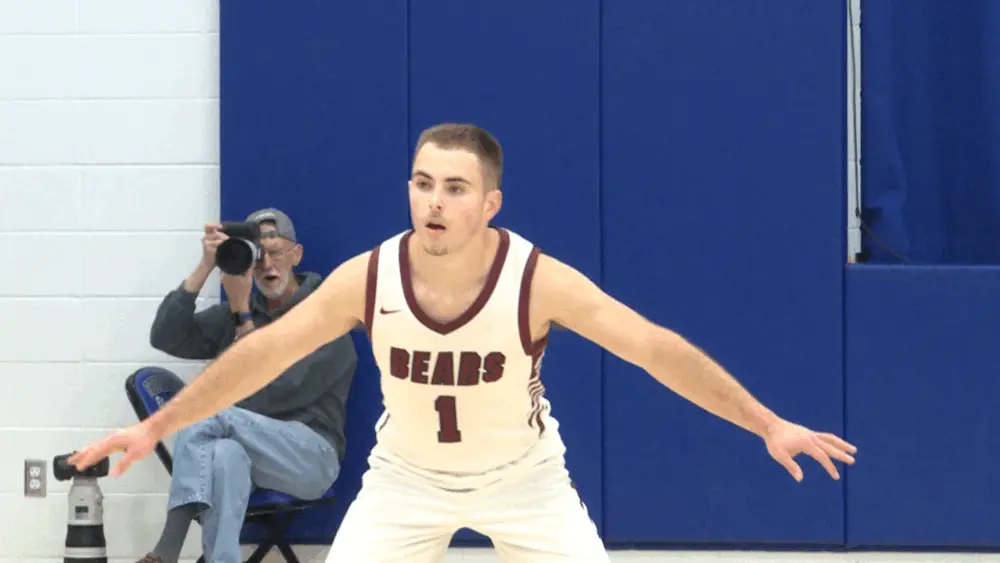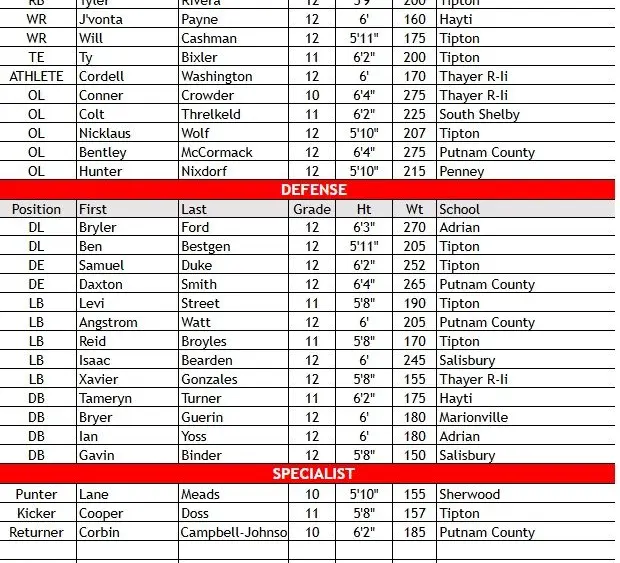The growing question in the St. Louis Cardinals farm system in recent years has been the most obvious: Who one day is the replacement for, gasp, the great Yadier Molina?
Even if you tossed through the seat cushions in the past decade, so to speak, you wouldn’t have found a definitive answer. Not in the Rookie-level Appalachian League. Not in Triple-A Memphis. Or anywhere in between.
Well, until perhaps now, with a prospect catcher who took mental notes from Molina in spring training and – even better – has a bat that’s busting chops in the Texas League, a Double-A circuit that can be as cruel as it can be rewarding.
“Oh, man, I have my own little black book, and I have 15 to 20 pages,” said Carson Kelly, the Springfield Cardinals catcher of his so-called apprenticeship under Molina. “He’s answered every question I’ve had. That and he wants to be the best. He’s told me that every single year. And he has how many Gold Gloves? In fact, he’s there at 4:30 in the morning working his butt off.”
With those words, one thing is clear: Cardinal Nation can breathe a little easier when looking down the road and wondering about life post-Molina.
Put it this way, Kelly appears to be emerging as the real deal some four years after being signed away from a commitment to the University of Oregon for what Baseball America reported as a $1.6 million signing bonus.
That and relocating behind the plate three years ago.
He’s got the skill set there, certainly, having earned a Gold Glove last season, and those skills are being enhanced this year as Kelly is paired with a manager who spent eight seasons as a big-league catcher.
But try not to salivate when gazing at the Texas League leaderboard. It appears that Kelly’s got the bat now, too, for a team that’s back home this week at Hammons Field.
When the schedule reached the Memorial Day weekend, look who barreled in like a tornado, hitting a robust .305. This after the past several years of everybody wondering when Kelly’s bat would awaken.
So, why the surge? It’s the old saying – the light bulb has come on.
“It’s the ultimate combo, and that’s what I want to keep pursuing,” Kelly said. “It’s (about) going up there and being prepared for that one pitch, this one at-bat. I think that’s really helped.”
Kelly offered those words after one of his best nights of the season, when he starred on both sides of the plate.
On May 26, Kelly went 3-for-4 including a home run, three RBI and two runs scored. In between, he shepherded prospect right-hander Mike Mayers through an out shy of a full eight innings as the battery rifled through in an economical 100 pitches. Mayers struck out 10 and never walked a soul in yet another quality start.
“I didn’t shake him off once,” Mayers said.
More on Kelly’s prowess behind the plate in a minute. For now, know that his bat is piquing the interest of many, to the point that Kelly’s success has fed the Double-A club’s success atop the North Division, making for a fun clubhouse.
Even in this interview, a few teammates kept poking their heads out of the locker room, either making faces at Kelly or trying to offer up better quotes than his own.
In other words, he’s a teammate guys want to be around, and it spoke to what his manager says is the most important assignment of this season for Kelly.
Become the ultimate leader. Simple as that.
“The big thing is being a leader and captain on the field and off, working with pitchers and calling games,” Springfield manager Dann Bilardello said. “To me, that’s what it’s all about. He has the physical tools – catch-and-release, throws to second. Now it’s time to work on the extra little things. That leadership on and off the field has to blossom.”
Growth as a catcher

That Kelly has put himself in this position is remarkable.
When he agreed to move to catcher after the 2013 season, Kelly had not handled catching since the eighth grade.
At the time, though, St. Louis had stockpiled the farm with notable third basemen – Patrick Wisdom, Stanford standout Stephen Piscotty and Kelly. Wisdom, with Popeye-like foreams and a power bat, remained at the hot corner, while the Cardinals re-directed Piscotty to right field (with enormous success).
For Kelly, the offer to move behind the plate came with both anxiety and some calmness. You see, catching was sort of in his DNA, given his granddad, dad, brother and a couple of close friends has worked behind the plate in their younger days. And his dad played, too, at Elmhurst College in Illinois.
“The (offer) started off with our farm director, Gary LaRocque, saying he had 49 percent of the vote and I had 51 percent,” Kelly said. “I thought it could change my career.”
And so he made the one phone call almost every ballplayer would make in that situation. He called his dad that night to help kick the tires on the idea. Both looked it as a positive.
“Growing up, we were all about opportunity. It was a great opportunity just to learn about life,” Kelly said. “And I think I’ve learned more about baseball than if I was just playing third base.”
Kelly looks the part. He is now 6-foot-1, 220 pounds. That’s about 25 pounds heavier than his days back as an Oregon high schooler, thanks to hitting the weight room and drinking protein shakes.
He also stayed positive. In fact, it’s easy to see why teammates gravitate toward Kelly and why he has found success. Simply put, he’s a glass-half-full type, and walks through the clubhouse and on the field with a bounce in his step.
“That first year was tough,” said Kelly, who was shipped to the low Class A Midwest League in 2014. “How to handle the grind and do it every day. Knowing how to block pitches. But I just kept the pedal to the metal. You can’t beat yourself up.”
What the Cardinals have now is a catcher who seems comfortable back there.
For one, he threw out 36 percent of base stealers a year ago in the high Class A Florida State League as he concentrated on catching more than hitting. More so, he is handling the nuances of a pitching staff, a challenge considering pitching staffs typically have their own, sometimes-impenetrable tribalistic nature.
To understand Kelly’s leadership, just listen to Mayers, a 2013 third-round draft pick out of the mighty Southeastern Conference who is enjoying a breakout season.
“He understands everybody’s tendencies and how to get them on track,” Mayers said. “I’m a pretty fiery guy, and he knows he can be fiery back. It makes a huge difference when a guy is just as invested as you are.”
The difference in their May 26 game? Kelly recognized that Mayers needed a jolt well before his pre-game warm-up, instead of Mayers waiting to react to results during the game.
Thing is, anyone could have just taken it as just another game, given this is the minor leagues. But Kelly didn’t. The league’s best team, Midland (Athletics), were in town.
“He had an off day (the day before), and we talked about dialing up the intensity from pitch one,” Mayers said. “He just does a great job of catching. The only thing I’ve told him is that you can’t have the same scouting report every game. Guys are going to adjust. And because this was our third game against these guys, he did a good job of adjusting on the fly.”
Then again, Kelly knows that his manager is watching closely. Bilardello played for the Cincinnati Reds in the mid-1980s – they finished second in the National League West in 1985 – and later was on the Pittsburgh Pirates’ 1990 team that won the NL East and lost the NLCS to the Reds, the eventual World Series champions.
Tough love. That may be the best way to describe the Bilardello-Kelly alliance. The skipper has been that way for years, as Bilardello was St. Louis’ roving catching instructor for much of the past decade – a time that saw catcher Tony Cruz emerge as a suitable back-up to Molina (2011-2014) and two others reach the big leagues in Stephen Hill and Cody Stanley.
“I don’t know if it’s right or wrong,” Bilardello said of his tough love style. “They’re going to give all they can.”
About that bat

Before this season, it was safe to say Kelly’s defense was far ahead of his offense. A year ago, he hit only .219 in the high Class A Florida State League, with 18 doubles and eight home runs. He has four doubles and four home runs already for Springfield.
“He’s more aggressive,” Bilardello said. “There were times when Carson was kind of looking for the perfect swing. I think he’s learned that you can take that outside pitch to right field. … Mainly, he’s learned to simplify his swing.”
For Kelly, having found a comfort zone behind the plate has been the biggest key. He isn’t settling for success. But his brain isn’t wrapped up completely in catching anymore.
Confidence. That may be the best way to describe it.
“That’s ultimately the No. 1 thing. Sure, you find patterns in pitchers,” Kelly said. “But what’s the separator? It’s the confidence to go up there and think, ‘This guy isn’t going to beat me.’”
And, overall, Kelly is winning.


